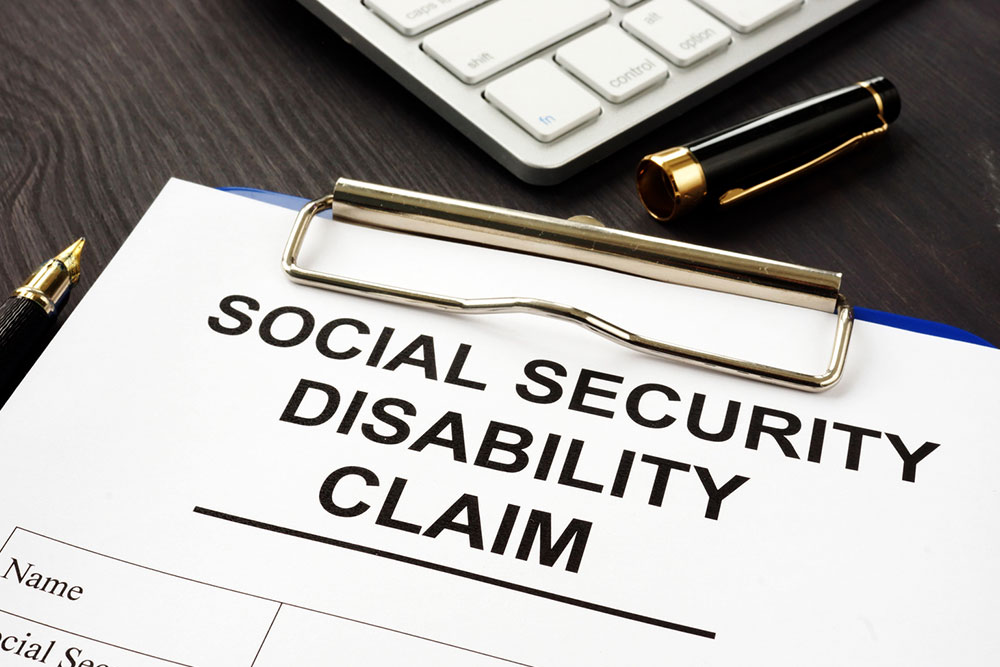7 disadvantages of applying for disability benefits

Disability benefits provided under Social Security Disability Insurance (SSDI) or Supplemental Security Income (SSI) can serve as a lifeline for people with physical or cognitive impairment. Such benefit systems basically dispense monthly income to people with disabilities and those who contribute the same through taxes. Moreover, they may also receive Medicare benefits. However, such programs come with certain limitations, which may or may not address all the diverse needs and challenges of people with disabilities.
Strict definition of disability
Social Security only benefits people with a severe impairment that renders them unable to work and support themselves or their families. Disability benefits are only for those who can’t do any substantial, profitable work. Such strict definitions may often ignore other aspects of disability, like partial or short-term disability.
There are two main criteria for qualifying for SSDI. First, one should have worked long enough and paid significant Social Security taxes to qualify for SSDI benefits. Second, one should prove an inability to work at a gainful employment for at least 12 months due to any physical or mental disability. So, one can only get the benefits if one can’t do the current job at all. Apart from this, there are also other non-medical requirements.
Cannot receive government help if the disability cannot be explained
Benefits like SSI and SSDI protect disabled individuals under the Americans with Disabilities Act (ADA) law, but one must be able to define the disability in detail. These include medical documentation and other proofs. It can be easier if the disability is noticeable, for example, when someone is using a wheelchair or is notably blind or deaf. However, it might be difficult for others suffering from issues like learning disabilities, neurological conditions, or mental health issues like PTSD.
Possibility of discrimination
Revealing a disability may sometimes have certain implications, like limiting one’s choice of education or work. Stringent laws like the Individuals with Disabilities Education Act (IDEA) and ADA offer strong protection, but discrimination may still occur, and personal relationships may get strained.
May lose out on Medicaid benefits
Those who qualify for and receive SSDI benefits may lose their Medicaid benefits. Medicaid covers a wide range of medical needs of individuals with severe disabilities, but qualifying for that is also tricky. Medicaid benefits are based on medical necessity and income, and any increase in income can disqualify someone from them. SSDI will increase one’s income and can affect their Medicaid eligibility. On top of that, Medicare benefits only kick in after 24 months of SSDI eligibility. So, losing Medicaid due to SSDI could leave someone without health insurance for some time.
The complicated process of application
There are several federal rules that apply to the SSDI benefits, making the process complex and time-consuming. On average, it takes about 360 days for applicants to get an eligibility hearing, and only about a third of the applicants actually qualify. If the applicant remains unapproved, one may undergo an appeal process requiring different steps. In such a case, having a lawyer can help one expedite the process and also get a strong appeal in case of denial.
Pays less than other private disability insurance policies
Monthly SSDI benefit payments may not cover all of one’s expenses. One may receive an average payment of $1,171 and a maximum of $2,687 even if one contributed more than that to Social Security. Additionally, these payments could be subject to taxes, especially if one’s spouse earns. On the other hand, private disability insurance can provide up to 60% of one’s pre-disability income tax-free. It is mainly for those who bought the policy on their own, and it also offers more flexibility that can suit one’s lifestyle and budget. So, relying entirely on SSDI benefits may not fully meet one’s financial needs.
Time-consuming process
Even if one qualifies for the benefits on paper, one must prove that they qualify for monthly benefits, and the application and other processing may take a long time. So, to see the money reflected in one’s bank account, there may be a waiting period of several months. For disability benefits, the country is also seeing a significant backlog, and millions of people are on the waitlist. It can delay the process, leaving one without income for many months.



